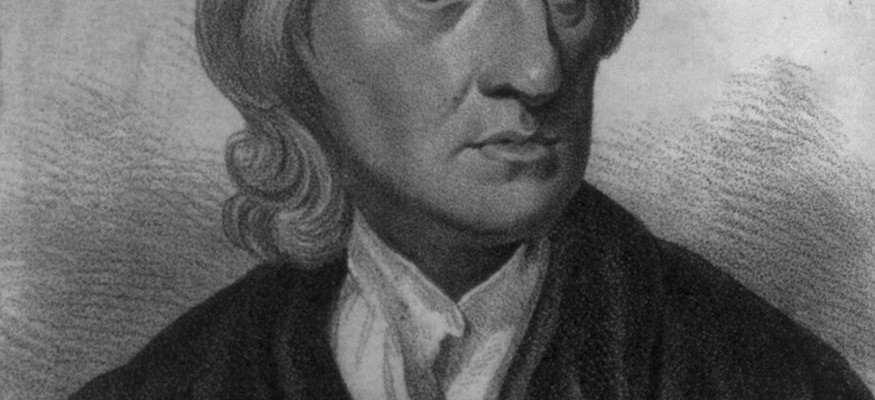The Problem With The Social Contract

 As we all know, the basis for a large section of political theory rests on the idea of the social contract. Without getting too deep into any particular theories on the specific tenets of this contract, basically the idea is one of government and citizens coming together and forming a contract where the government agrees to play a certain role in society and the people agree to abide by the government’s rules.
As we all know, the basis for a large section of political theory rests on the idea of the social contract. Without getting too deep into any particular theories on the specific tenets of this contract, basically the idea is one of government and citizens coming together and forming a contract where the government agrees to play a certain role in society and the people agree to abide by the government’s rules.
Indeed, this was the idea of John Locke, from whom the Founding Fathers obtained a massive part of their political ideals. However, this concept has not been around forever. Locke was the first proponent of it, back in the 17th and 18th century. Before that, there were many different ideals defining the correct role of government in society.
In ancient Athens, every citizen was a member of the government. They all voted on every issue and had influence on the laws of the city. There was a strong feeling of personal responsibility in government, and an understanding that virtue was needed for the society to remain stable. Once virtue was lost in Athens, it became unstable and disintegrated. But, while it lasted, the name of the game was personal virtue for the sake of the common good.
The Athenian model rested on the feature of the people being the government. This was admittedly not universal, slaves and other non-citizens had no say, but it is certainly not something we are used to seeing today.
A U.S. citizen is not a ruler, statistically he probably doesn’t even vote on his representatives. The social contract has driven home the idea that there are two types of people in a nation. There are those in government, and those who aren’t. This takes away most of impetus for the people to be virtuous. After all, if they aren’t responsible for any of the laws, they just have to abide by them. Thus, there is simply no obvious reason for the masses to adopt any particular ethical code on their own.
As my previous post on human nature stated, humankind will naturally do the wrong thing, if given the chance. When we take ethics out of the equation in society, there will be little restraint on raw humanity, except for the government. The more the government gets involved in a situation, the less personal responsibility is required. This simply means law, not the people themselves, will be required to keep order in a society that does not value ethical behavior.
It is a well-established fact that free societies require virtuous people. When the people willingly make the right decisions, ones that naturally uphold and further each others’ rights, the need for government is lessened. If the vast majority of citizens chose to drive their cars at a speed that wasn’t inherently dangerous, then there would be no requirement for a speed limit. However, once the values of human life and property are diminished in a society, the people will need legal restraint.
To be clear, I am not advocating democracy. Nor am I saying that the social contract is always bad. I realize the importance that it had in the American founding. A well-put together representative republic may be the best system of government the world has yet seen.
However, one of the consequences of this type of government is that it requires education in civil virtue. Without education in virtue, the people become unwilling to restrain themselves, which produces the kind of society that needs a strong, large government. This education need not come directly from the government, but it is certainly within a forward-thinking government’s jurisdiction to require it of its citizens. Keep in mind that I am not discussing general education here, though perhaps a future blog post will be written about that. Simply, a free people must first be a virtuous people. Also, a governmental structure that depends on a free, vigilant society must make sure that it also ensures a virtuous society. The social contract, while doing a great job at clearly delineating the duties and boundaries of civil authority, inherently separates the rulers from the ruled, which in turn reduces the natural impetus for the people to be virtuous on their own.
Discussion — No responses